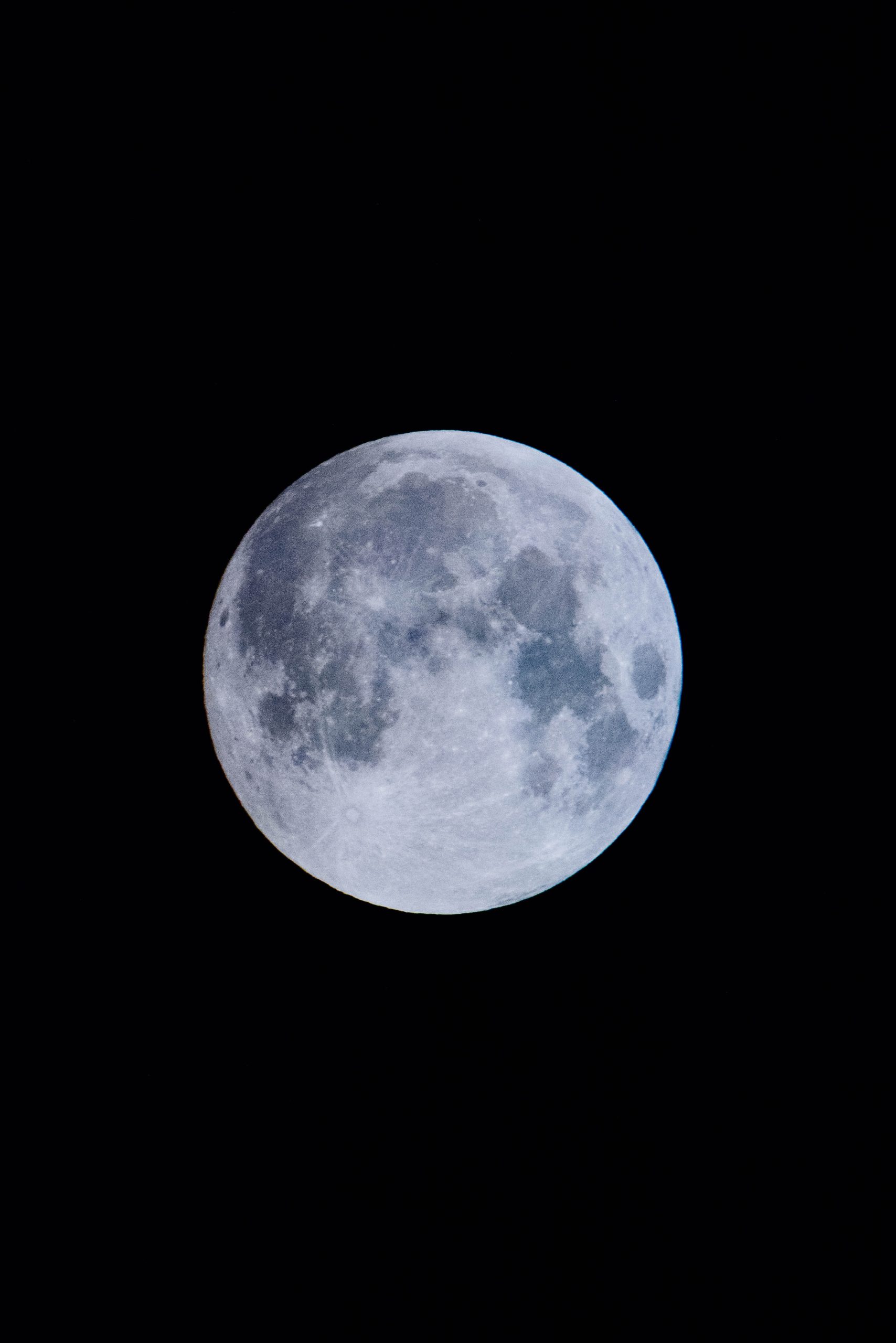How Does the Moon Affect Menstrual Periods?
The moon has been a source of fascination for centuries, with its mysterious glow and celestial presence. It has been the subject of countless myths, legends, and even scientific studies. Among the many claims surrounding the moon’s influence, one theory stands out: its alleged effect on menstrual cycles.
While there is no scientific consensus on this matter, some women swear that their menstrual cycles are linked to the lunar phases. In this blog post, we will dive deep into the topic to explore whether there is any truth behind the moon’s impact on periods.
The Connection Between Lunar Phases and Menstrual Cycles
Before we delve into the specifics, let’s first understand the basics. The moon has four primary lunar phases: new moon, first quarter, full moon, and third quarter. These phases occur due to the moon’s position in relation to the Earth and the Sun.
Menstrual cycles typically last around 28 days, aligning closely with a lunar month, which is approximately 29.5 days. This similarity in duration has led to the belief that the moon may somehow influence menstrual cycles.
Theories and Explanations
While many anecdotes describe a connection between the moon and menstrual patterns, the scientific evidence supporting this link is limited. However, several theories attempt to explain why some women might experience synchronized menstrual cycles with the lunar phases.
Phenomena to Consider
One theory suggests that the moon’s gravitational pull may affect the flow of fluids in a woman’s body, including the menstrual blood. As the moon’s gravity influences the tides, it could potentially influence the fluids in a woman’s body as well.
Another theory focuses on light exposure. Before the advent of artificial lighting, humans relied heavily on natural light sources. As the moon emits less light than the Sun, it is possible that women’s hormone production could be influenced by the amount of moonlight they are exposed to during the night.
Furthermore, some researchers suggest that the moon’s influence may be psychological rather than physiological. They argue that the belief in lunar effects might create a placebo effect, leading women to perceive a connection between their periods and the moon.
The Astrological Perspective
Astrology enthusiasts often claim that the moon’s position in zodiac signs affects menstrual cycles. According to this perspective, the moon’s influence varies based on its zodiac sign at any given time. These enthusiasts believe that certain signs are more likely to cause irregular periods, while others may promote regularity.
While astrology has limited scientific backing, it is interesting to explore how different lunar positions throughout the year correspond with various astrological signs. However, it is important to remember that astrology lacks strong scientific evidence and should be taken with a grain of salt.
What Research Says
To date, the scientific research focusing directly on the relationship between lunar phases and menstrual cycles is scarce. Many studies conducted on this topic have suffered from methodological flaws, making it challenging to draw reliable conclusions.
One study published in 1980 explored the potential synchronization of menstrual cycles with lunar phases. The researchers compared the onset of menstruation among a group of women to various lunar factors but found no significant correlation.
In contrast, a more recent study from 2020 examined data from over 15,000 menstrual cycles. The researchers also failed to identify any significant synchronization between lunar phases and the onset of menstruation.
While these studies do not prove that the moon has no effect on periods, they highlight the importance of critical analysis and the need for further research to understand the potential connection.
Conclusion
While the moon’s influence on menstrual cycles may remain an intriguing concept, the scientific evidence to support it remains inconclusive. Many women may feel a sense of synchronization between their periods and lunar phases, but it is important to recognize that individual experiences can be highly subjective.
Ultimately, the connection between the moon and menstrual cycles is still shrouded in mystery. Until further research provides more substantial evidence, it is up to each individual to decide whether they believe in the moon’s influence on their monthly cycles.
Remember, the most important factor for efficiently tracking and managing your menstrual cycle is to pay attention to your body and its unique patterns. Whether or not the moon plays a role, understanding your own hormones and menstrual health is key to maintaining overall well-being.
Table of Contents
